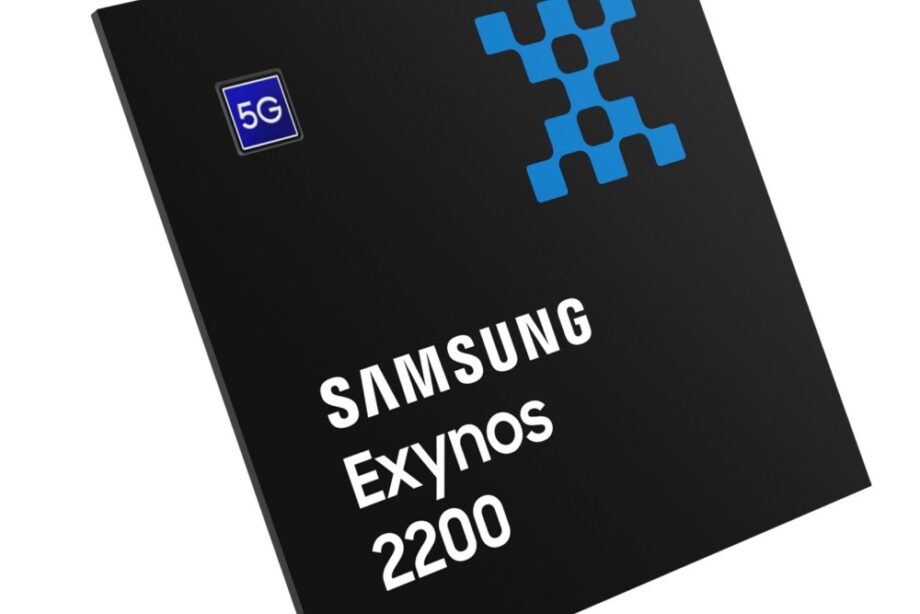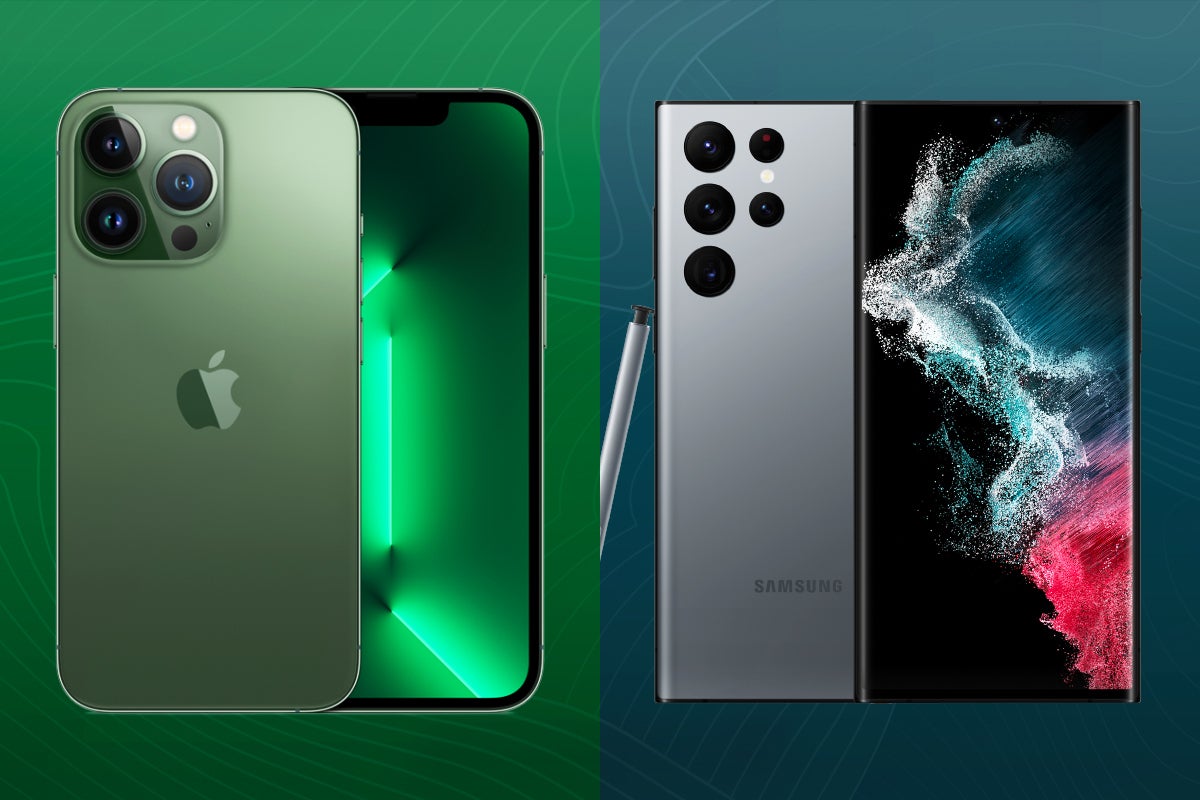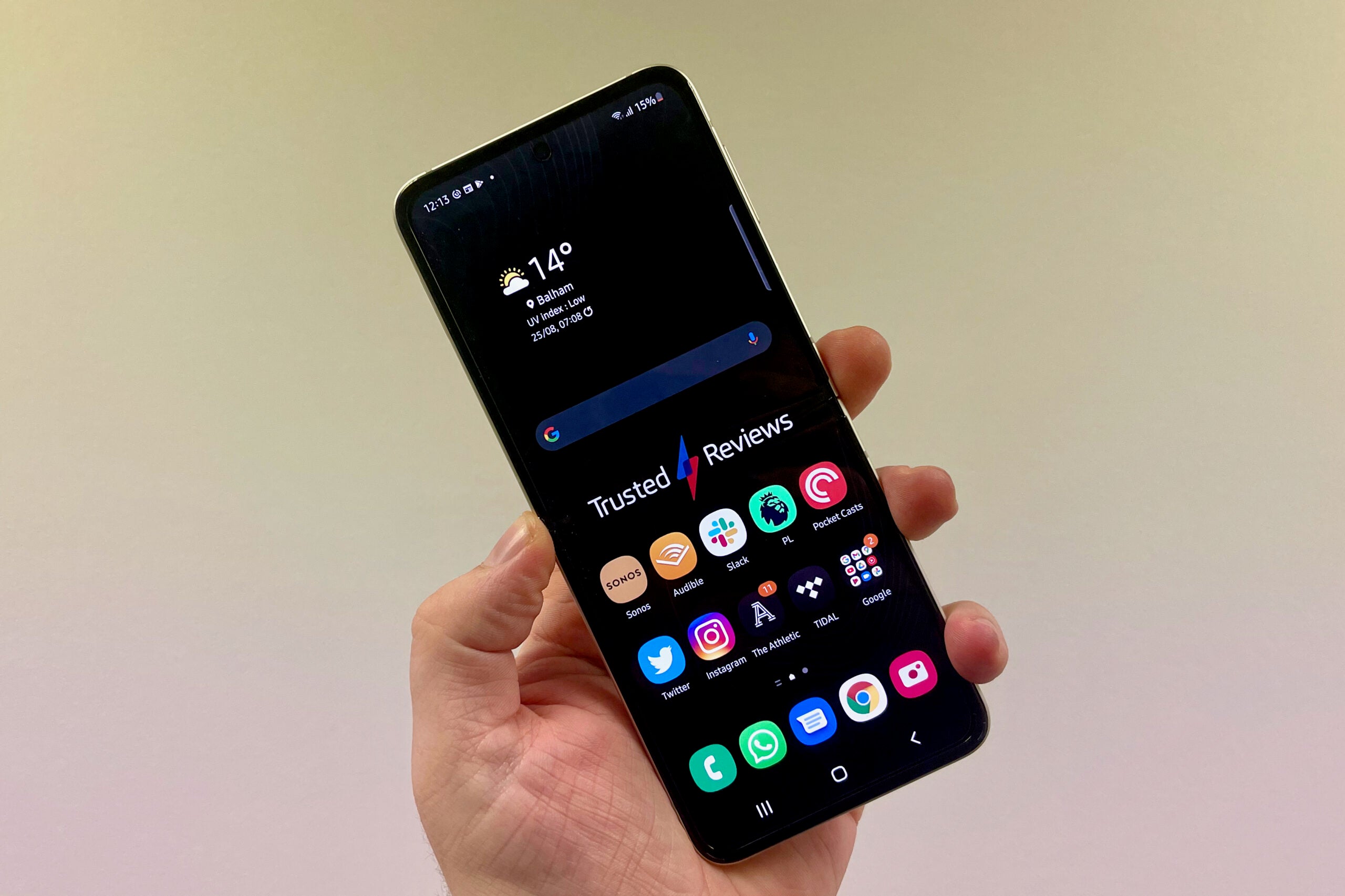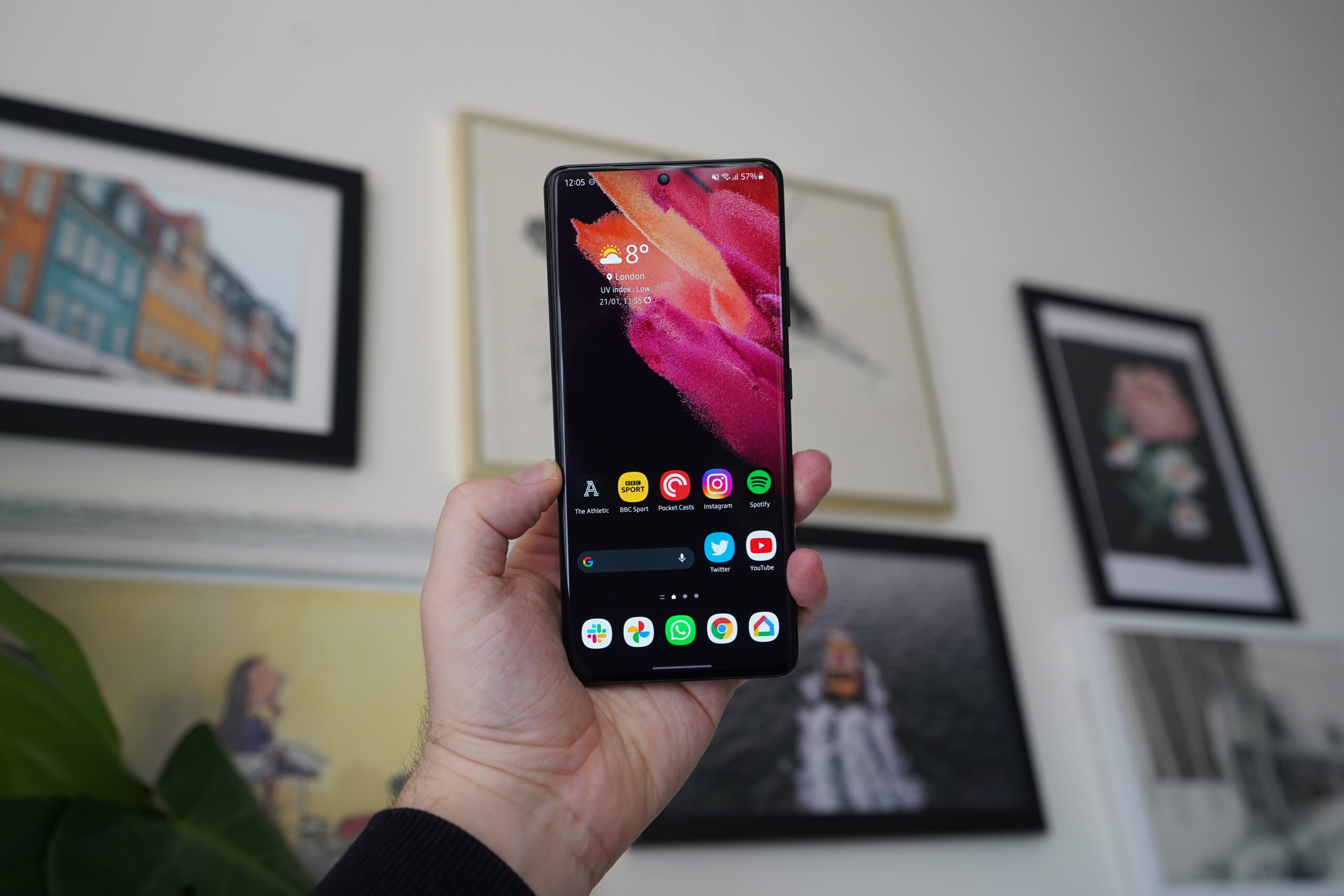Samsung Exynos 2200 with AMD ray tracing support finally announced

Samsung has officially announced its Exynos 2200 mobile chip, complete with powerful AMD RDNA 2 graphical architecture.
The company had announced that it was going to unveil the Exynos 2200 last Wednesday, January 11. However, that date came and went without so much as a ‘sorry, running late’ text from Samsung.
We haven’t received an official explanation for that delay, but the Exynos 2200 is finally here. As expected, its main feature is a Samsung Xclipse GPU with AMD’s RDNA 2 architecture, which brings some PS5-level pop to the chip’s graphical capabilities.
With AMD’s expertise onboard, the Exynos 2200 is the first mobile chip capable of ray tracing. This is an advanced GPU technique that accurately simulates how light physically behaves in the real world, thus enabling realistic lighting and reflections.
The Samsung Xclipse GPU also supports variable rate shading (VRR), which is a technique that optimises the chip’s graphical workload for improved frame rates. It’s less sexy than ray tracing, for sure, but it could be more consequential for mobile gamers in the short term at least.
Built to a 4nm standard, like the Snapdragon 8 Gen 1, the Exynos 2200 is an octa-core chip with a single powerful Arm Cortex-X2 flagship-core, three performance and efficiency balanced Cortex-A710 big-cores and four power-efficient Cortex-A510 little-cores.
Samsung has also equipped its chip with a new NPU, or neural processing unit, which doubles on-device artificial intelligence performance compared to the Exynos 2100 that powered the global model of the Samsung Galaxy S21.
The Exynos 2200’s image signal processor (ISP) now supports camera sensors of up to 200MP. Which is handy, because Samsung announced just such a component in the ISOCELL HP1 in September.
All that remains to be seen is which variants of the Samsung Galaxy S22 family the Exynos 2200 appears in. Traditionally the global versions of each model contain Samsung’s own chip, while the US and China versions get the Qualcomm Snapdragon equivalent.
In previous years, that’s always been an advantage for the Qualcomm models, but this year could be different – at least when it comes to gaming performance.





